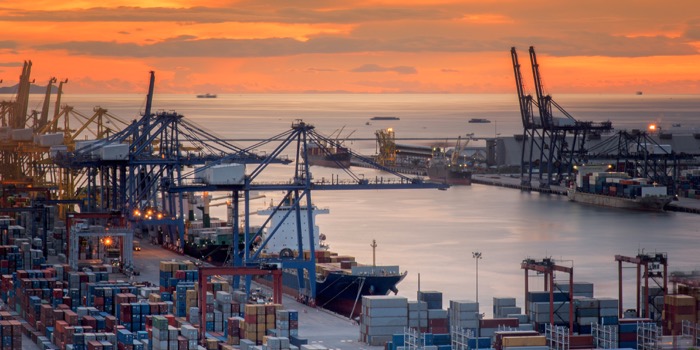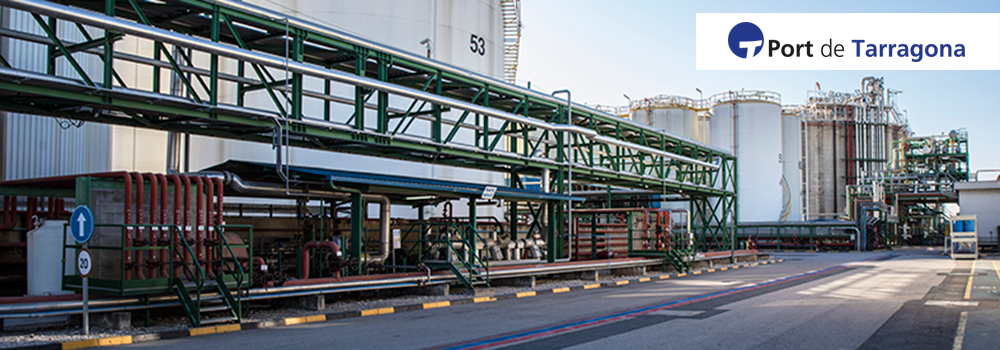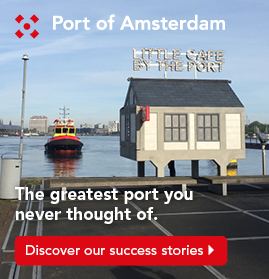British Ports Association looking to shape the agenda in 2018
The Chief Executive of the British Ports Association (BPA), Richard Ballantyne, has outlined the Association’s key priorities for 2018. These include continued interaction and influencing on the Brexit discussions, promotion of planning and freight policy reform, calls for increased transport connectivity investment and the rectification of the ‘definition of a ship’ legal anomaly.
Discussions with the various parts of Westminster and the Devolved Governments on Brexit will continue to be a major feature for the ports industry this year. Outlining the BPA’s 2018 aims, Richard said:

“2018 will be a critical for UK ports as by the end of the year we should know what Brexit will look like. We will continue ensure that as important international gateways, the ports industry features in the Government’s Brexit planning, particularly in relation to any new customs and environmental arrangements. A number of ports, particularly the UK’s network of Roll-on Roll-off ferry ports, are concerned that following the UK’s departure from the Customs Union and the Single Market, new bureaucratic border checks could slow down trade. As Phase 2 of the Brexit negotiations begin, we will be pressing the UK Government to ensure that trade facilitation is given a much higher prominence in the discussions.”
The BPA will continue to push for areas around ports to be classified with a special planning and consenting status to help stimulate port development and growth. Many of the rules in relation to environmental legislation stems from the EU and the BPA is encouraging policy makers to ensure that port activity and development are not negatively impacted by onerous consenting conditions and marine protection designations.
Richard said: “Of course there will be opportunities post Brexit but from our perspective the Government appears to have has lost sight of many of these. We have been particularly disappointed at the muted response the Government has given in respect of the industries’ suggested planning reforms to fast track planning and consenting in port areas. Indeed, we also now understand that a ‘free ports’ policy is, for the time being at least, ‘off the agenda’ and that the UK ports industry will have to prepare for the introduction of the bureaucratic EU Port Services Regulation before Brexit.”
The BPA will also be promoting the case for increased road and rail infrastructure investment to better connect UK ports. This will keep the sector competitive, reducing costs for the freight and logistics industry.
In terms of maritime safety, Richard is hopeful that 2018 will finally see some progress in relation to overcoming the ‘definition of a ship’ legal irregularity. Following a review in 2016 the Government has made some sympathetic statements in respect of updating UK harbour and shipping legislation.
The BPA will also continue to focus its attention on working with the various governments within the UK. This will include Northern Irish issues in relation to Brexit, new ports ‘Good Governance Guidelines’ in England and Wales, lobbying on environmental matters in Scotland as well as discussions in respect of the imminent devolution of most ports policy functions to the Welsh Government.
For more information visit www.britishports.org.uk
8th Jan 2018
















